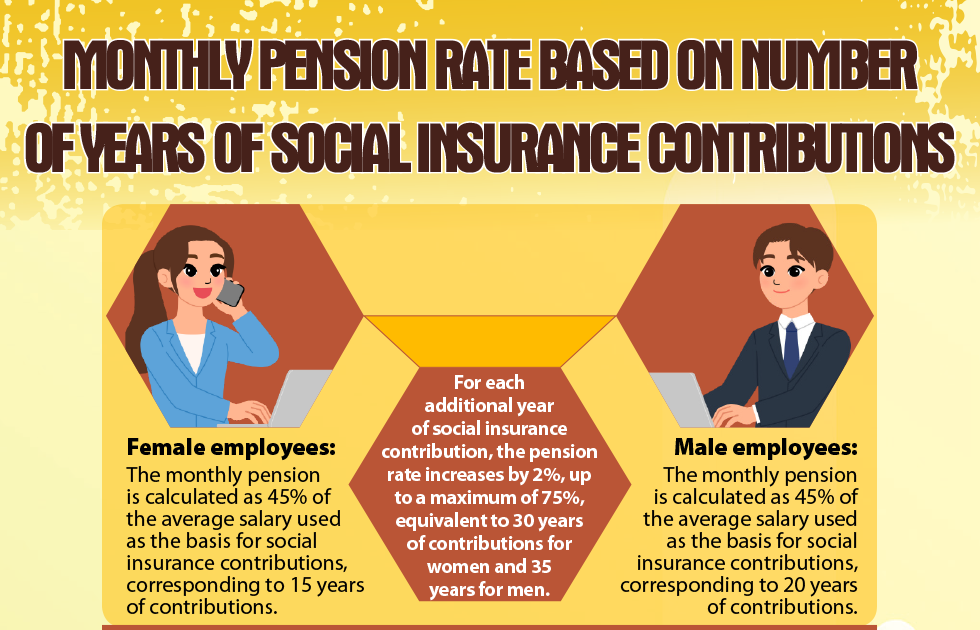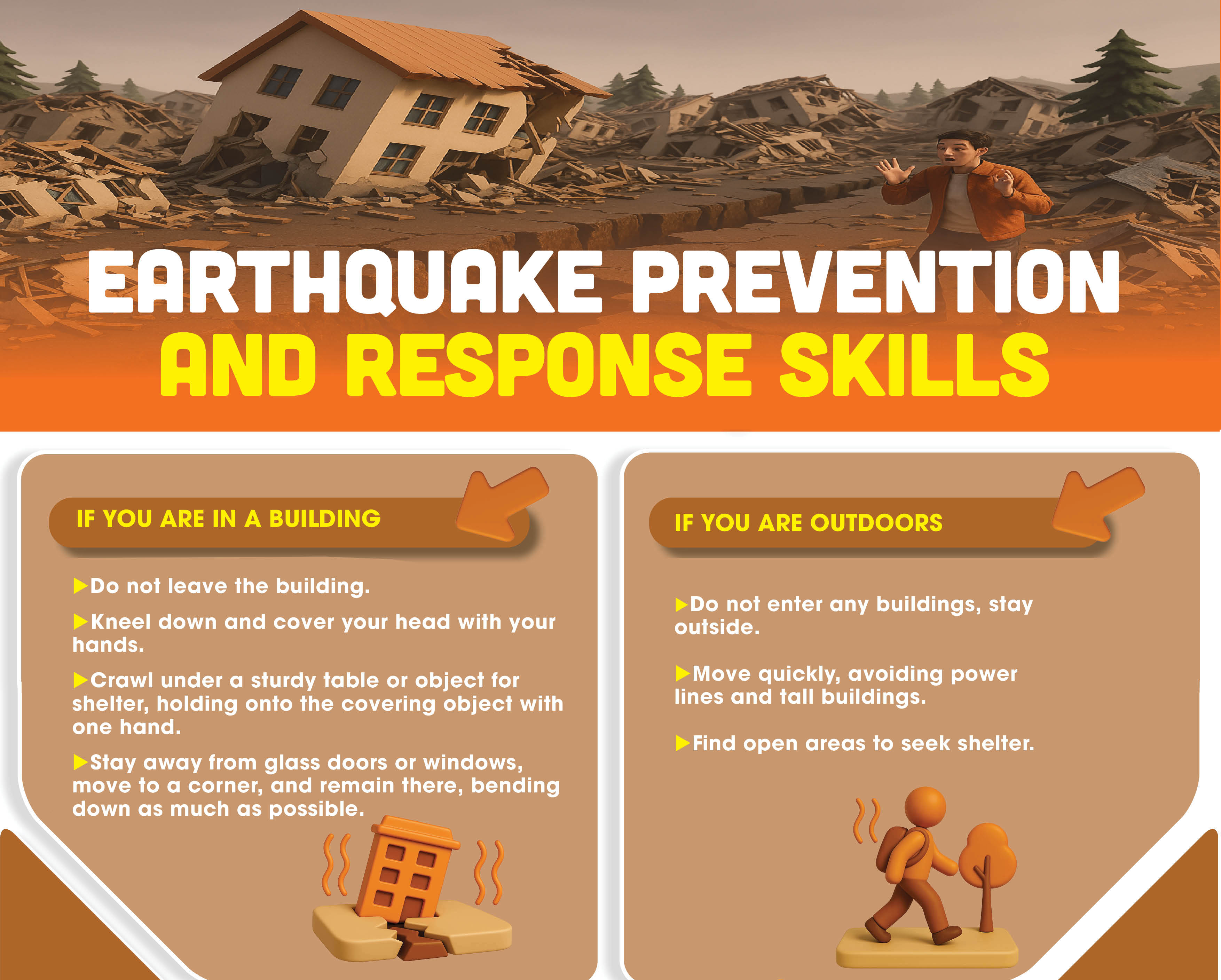Digital era and individual capacity competition
The strong development of artificial intelligence (AI) and high technology is creating new business models, while changing the structure of the labour market. As repetitive and simple-skilled jobs are gradually replaced, individual competitiveness is no longer an advantage, but a prerequisite for survival. In the digital age, professional knowledge alone is not enough, young people need to be equipped with creative thinking, problem-solving ability, the ability to apply technology and a proactive spirit to stand out in the job market.
 |
| Swinburne Viet Nam students follow the Project-based Learning method to enhance critical thinking and problem solving skills. |
Factors determining success
Ms. Le My Nga, Acting Director of Swinburne Viet Nam, Da Nang campus, commented that, in the context of a fiercely competitive labour market, each individual needs to proactively build a comprehensive “skill ecosystem”. When workers develop comprehensively, businesses also become more flexible in the face of changes in the times.
According to Ms. Nga, there are three core factors that help young people improve their competitiveness. First of all, the ability to self-study interdisciplinary knowledge plays an important role. Specializing in only one field can cause individuals to fall behind the rapid development of technology.
For example, a student majoring in Computer Science not only needs to be good at programming but also needs to be equipped with business thinking, legal knowledge, negotiation skills, marketing or foreign languages to meet the needs of the global labour market. To expand their knowledge, students can participate in short-term courses, obtain additional certificates or learn from practice. In particular, English is an important tool to access new resources and trends in the world.
In addition, critical thinking and problem-solving skills are also highly valued by employers. Candidates who can analyze problems from multiple perspectives and propose creative solutions will possess an advantage when looking for a job. Students can practice this skill by participating in real projects, case studies or testing new approaches.
Last but not least, technology proficiency is an indispensable factor, even in non-technology fields. Applying AI to work management, marketing, finance or business operations helps optimize processes and improve performance. Therefore, students with technology skills will have a significant competitive advantage in the labour market.
Ready right from the classroom
One of the major challenges of higher education today is the gap between theory and practice. According to Ms. Le My Nga, practical experience not only helps students discover their personal strengths but also enhances their professional capacity. “Specialized knowledge is like a grain of sand in a vast desert. If students only learn theory without practical application, it will be difficult for them to keep up with the demands of the labor market.”, noted Ms. Nga.
With the desire to build a comprehensive learning environment, she has applied innovative training methods such as Project-based Learning, Industry Link and Mentor Coaching. Not only do these methods help students develop comprehensively but they also develop complementary skills so that they can effectively enter the labour market immediately after graduation.
As a PhD candidate in Technology and Innovation Management at the Swiss Technology Institute, Ms. Nga aims to implement the Innovation Programme and establish the Innovation Hub. This will be a space to help students apply theory into practice in the fields such as Economics, Business Administration, Communications and Computer Science, thereby developing creative solutions to solve social and market problems through high technology.
In parallel with the university level, Ms. Nga also aims to expand the programme to high and secondary school students, helping them to equip themselves with skills early, creating a solid foundation for them to confidently integrate into the global learning and working environment.
In the context of an increasingly competitive labour market, building personal capacity is a prerequisite to help young people seize opportunities and make breakthroughs in their careers. With the right orientation and effective learning methods, the young generation can confidently conquer the future in the digital era.
Reporting by HA CHI - Translating by A.THU








